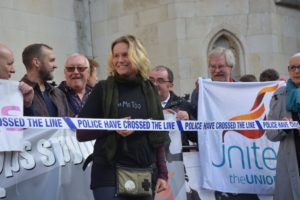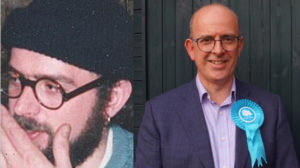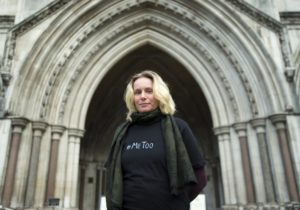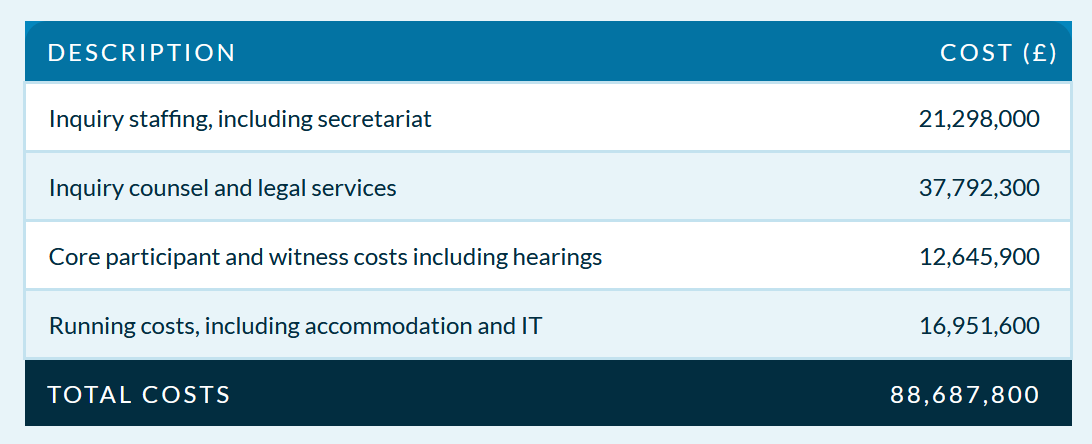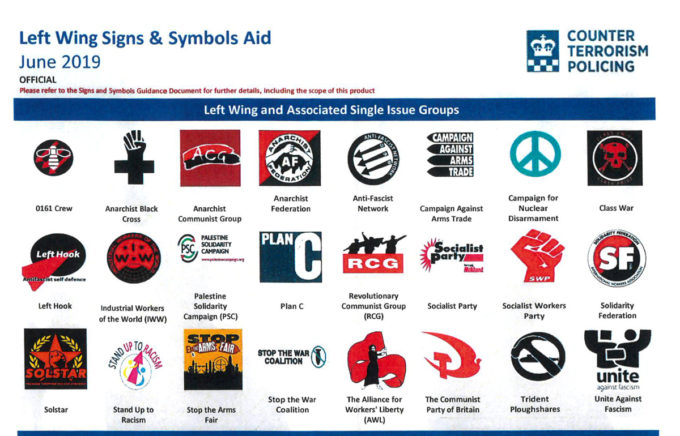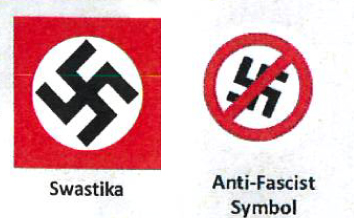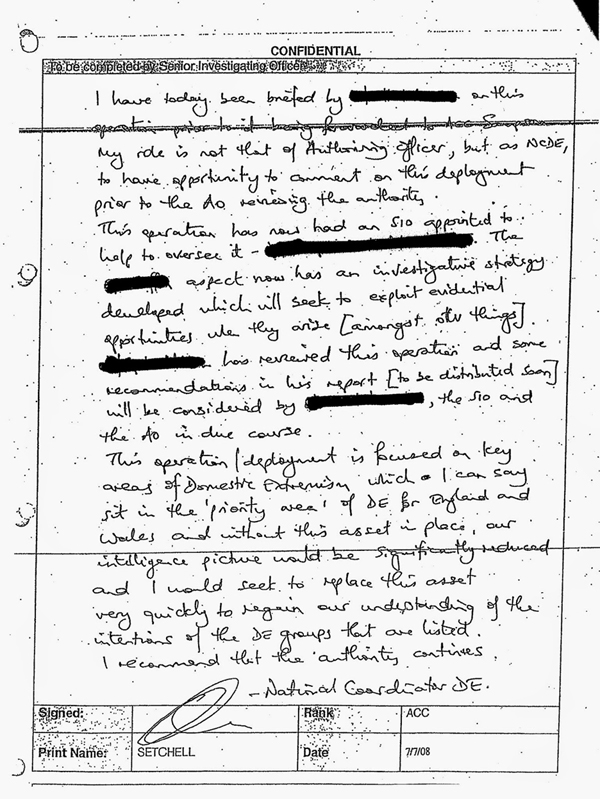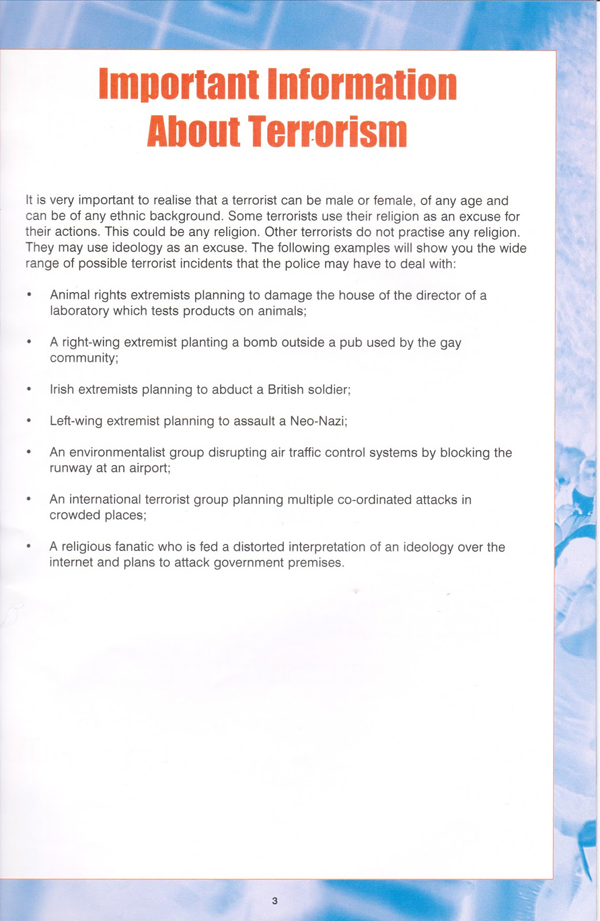Introduction to the UCPI Opening Statements Hearings
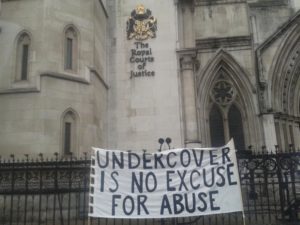 On Monday 2 November, the Undercover Policing Inquiry begins after five years of preliminary work.
On Monday 2 November, the Undercover Policing Inquiry begins after five years of preliminary work.
The opening session will be a three week set of hearings, divided into two parts. The first half will be the presentation of Opening Statements from the core participants. The second will be the start of the actual hearing of evidence, which we will cover in a later post. For now, we will just look at the Opening Statements and why they are important.
A core participant is a person or organisation which has been accepted as such by the Inquiry. This is because the Chair has agreed that they have a particular interest in the proceedings, in that they are particularly affected by any outcome, or potentially facing criticism.
One of the benefits of being a core participant is that they are consulted on matters and make representations. In theory at least. Many of the Non-Police/ State Core Participants (NPSCPs) feel they are being ignored in favour of the police, something that has caused considerable bitterness (which the Opening Statements will refer to in many places).
One benefit of being a core participant is the right to make an opening statement to the Inquiry prior to the beginning of evidential hearings. The purpose of this statement is to set out your case – your expectations and hopes for the Inquiry, or to challenge where it is going wrong. It is also a place where you can make admissions or defend your position if you are expecting criticisms. As such, they are considered to have considerable importance and watched carefully by all involved.
However, making an opening statement is not a requirement and some NPSCPs have chosen not to do so, as has spycop Mark Kennedy. A number have not made written submissions but will be making oral ones.
Over the next few days we will hear from the barristers representing the Inquiry itself, state agencies, undercovers, other parties such as whistleblower Peter Francis, and the families of undercovers.
Finally, several days will be given over to the NPSCPs, with different days focusing on different classes within them, such as women targeted, family justice campaigns, etc. Several NPSCPs who are representing themselves without lawyers will also be speaking.
The proceedings will be entirely online, live-streamed by the Inquiry, and placed on the UCPI YouTube channel.
As each speaker goes live the text of their written opening statement (if they have made one) will be made public by the Inquiry. However, opening statements will at times be responding to what others have said, so they may differ from the prepared written versions that are published.
TIMETABLE FOR THE UCPI OPENING STATEMENTS
Here is a timetable for Opening Statements.
As things go live, we will add the appropriate links so you can find them easily.
Day 1 (Mon 2 Nov)
10:00 AM: David Barr QC (Counsel to the Inquiry)
2:00 PM: David Barr QC (Counsel to the Inquiry)
Day 2 (Tues 3 Nov)
10:00 AM: Peter Skelton QC (Metropolitan Police Service)
11:30 AM: Gerry Boyle QC (National Police Chiefs’ Council)
12:00 Noon: Richard O’Brien QC (National Crime Agency)
12:30 PM: Nicholas Griffin QC (Home Office)
2:00 PM: Oliver Sanders QC (Designated Lawyer Officers representing undercover officers)
Day 3 (Wed 4 Nov)
10:00 AM: Oliver Sanders QC (Designated Lawyer Officers)
2:00 PM: Richard Whittam QC (Slater & Gordon Clients representing individual undercover officers)
2:30 PM: David Lock QC (Peter Francis)
3:45 PM: Angus McCullough QC (Category M Core Participants)
Day 4 (Thus 5 Nov)
10:00 AM: Rajiv Menon QC (Core Participants represented by Richard Parry & Jane Deighton)
12:15 PM: Matthew Ryder QC (Core Participants represented by Mike Schwarz, Simon Creighton, Tamsin Allen and Jules Carey)
2:00 PM: Mathhew Ryder QC (Core Participants represented by Mike Schwarz, Simon Creighton, Tamsin Allen and Jules Carey)
5:45 PM: Donal O’Driscoll (Category L Core Participant [appearing in person])
Day 5 (Fri 6 Nov)
10:00 AM: James Scobie QC (Core Participants represented by Paul Heron)
12:15 PM: Ruth Brander (Non-Police, Non-State Core Participant Group)
2:00 PM: Lord Hendy QC (Fire Brigades Union and Unite [Category E Core Participants])
3:45 PM: Gareth Pierce (National Union of Mineworkers [Category E Core Participant])
4:15 PM: Dave Smith (Blacklist Support Group [Category E Core Participant])
Day 6 (Mon 9 Nov)
10:00 AM: Phillippa Kaufmann QC (Category H Core Participants represented by Birnberg Peirce, Hickman & Rose and Hodge Jones & Allen)
11:45 AM: Helen Steel (Category H and L Core Participant [appearing in person])
2:00 PM: Heather Williams QC (Category H Core Participants represented by Bindmans)
3:15 PM: Heather Williams QC (Category F Core Participants)
4:30 PM: Phillipa Kaufmann QC (Category H and J Core Participants instructed by Harriet Wistrich [excluding Newham Monitoring Project])
Day 7 (Tue 10 Nov)
10:00 AM: Imran Khan QC (Baroness Doreen Lawrence [Category G Core Participant])
10:30 AM: Heather Williams QC (Neville Lawrence OBE [Category G Core Participant])
12:00 Noon: Imran Khan QC (Mike Mansfield QC [Category G Core Participant])
12:30 AM: Andrew Trollope QC (Azhar Khan [Category I Core Participant])
2:00 PM: Andrew Trollope QC (Azhar Khan [Category I Core Participant])
2:30 PM: Dave Morris (Category L Core Participant [appearing in person])
3:00 PM: Imran Khan QC (The Monitoring Group [Category J Core Participant])
3:45 PM: Pete Weatherby QC (Category J Core Participant [Newham Monitoring Project] and Category K and L Core Participants)
UCPI CORE PARTICIPANT CATEGORIES
Categories are the groups into which the Inquiry divides core participants. Many NPSCPs would argue they are members of more than one category. For instance, many of the women deceived into relationships also consider themselves first and foremost political campaigners. For ease of use, we set them out below:
A: Police
B: Government
C: Police officers
D: Political organisations and politicians
E: Trade unions / Blacklist Support Group
F: Relatives of deceased individuals
G: Family of Stephen Lawrence, Duwayne Brooks & Michael Mansfield, QC
H: Individuals in relationships with undercover officers
I: Miscarriages of justice
J: Justice campaigns
K: Political activists
L: Social and environmental activists
M: Families of police officers
The Inquiry’s website has a list of core participants.
The Inquiry has published its own introduction to the hearings.

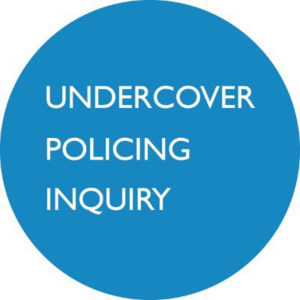 The public inquiry into Britain’s political secret police is, at long last, about to start.
The public inquiry into Britain’s political secret police is, at long last, about to start.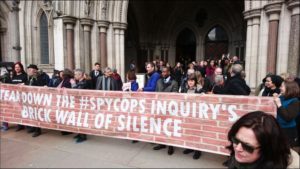
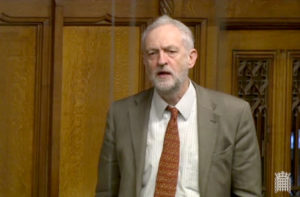 Despite grave reservations from civil liberties groups and those who have been targeted by Britain’s political secret police, the
Despite grave reservations from civil liberties groups and those who have been targeted by Britain’s political secret police, the 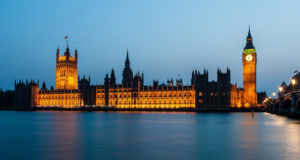 Without warning, a new law is being rushed through parliament to allow police and other state agencies to self-authorise their agents to commit literally any crime. It would also prohibit civil claims by their victims.
Without warning, a new law is being rushed through parliament to allow police and other state agencies to self-authorise their agents to commit literally any crime. It would also prohibit civil claims by their victims.